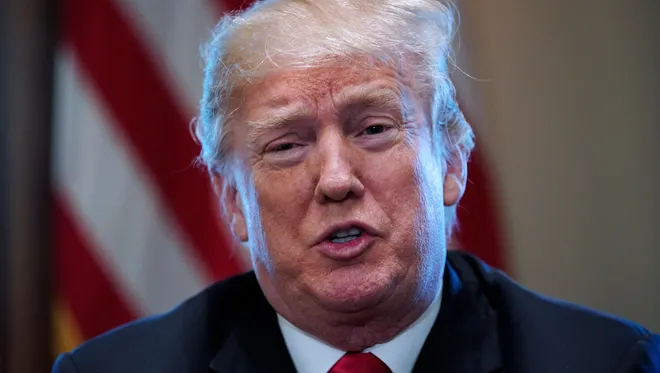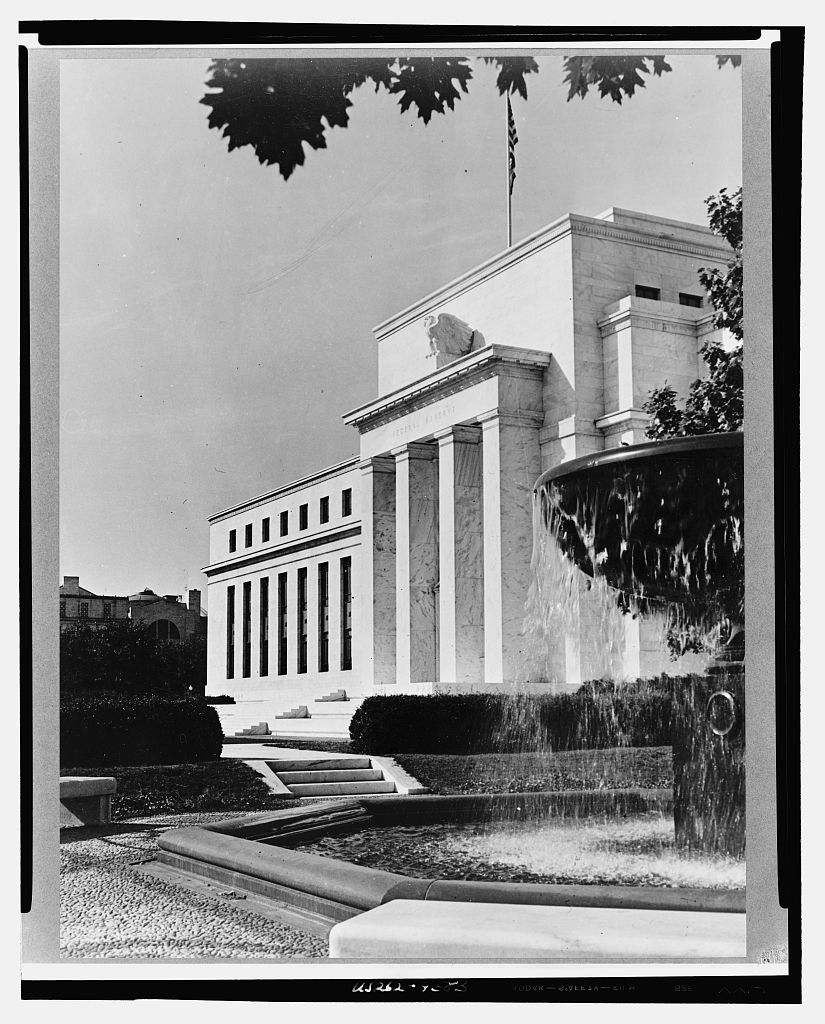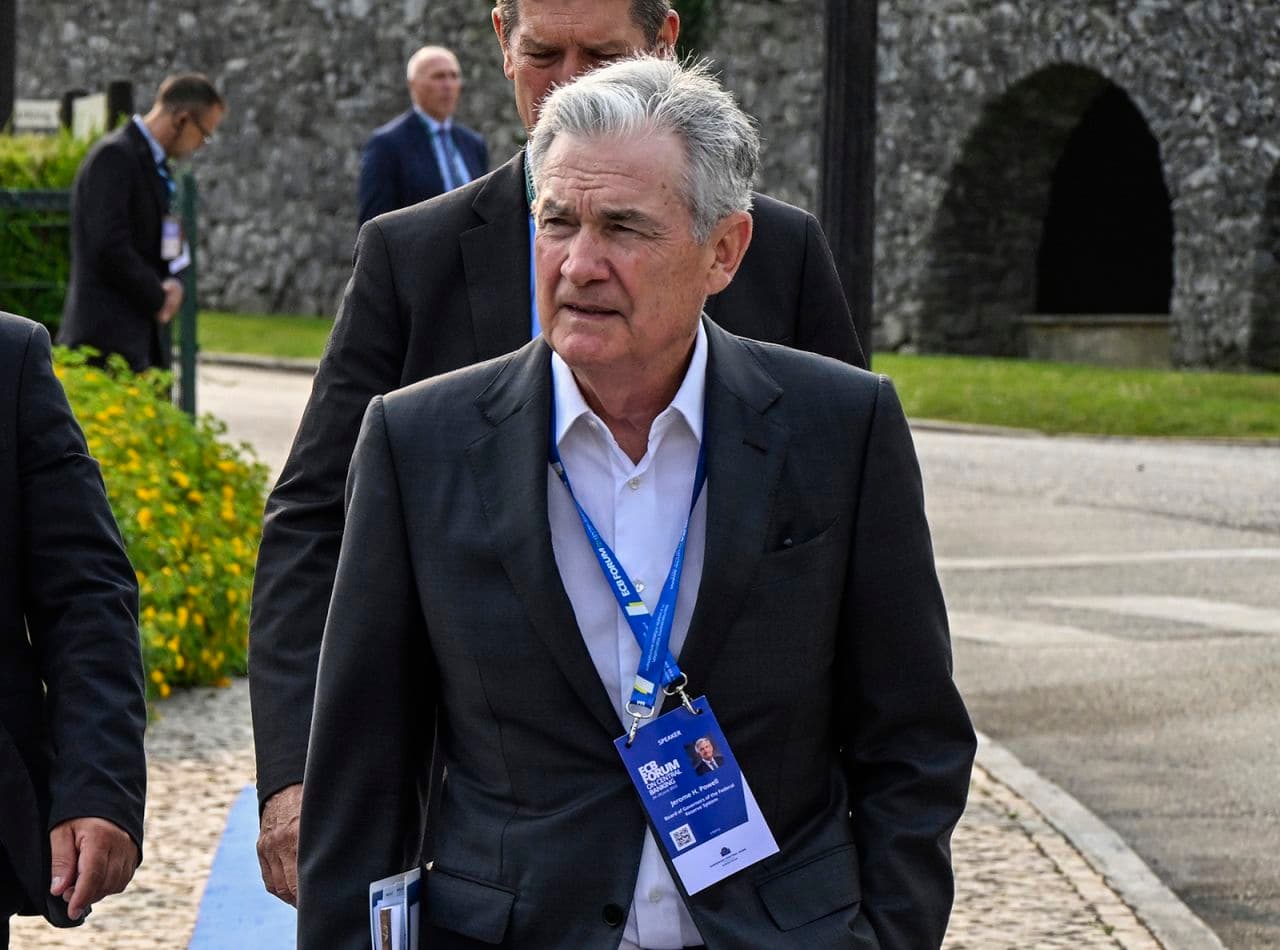Federal Reserve Chair Jerome Powell"s recent testimony reveals shocking truths that could reshape our understanding of economic stability in the United States. As he acknowledged the significant impact of President Donald Trump"s tariff policies on monetary policy, it becomes clear that the lives of everyday Americans are being jeopardized by political maneuvering.
Powell"s Revelations on Monetary Policy
During a panel discussion at the European Central Bank forum in Sintra, Portugal, Powell stated, "I think that’s right" when asked if the Fed would have lowered rates this year if not for Trump"s controversial tariff plan. This admission underscores a critical point: the Fed"s monetary policy is being influenced by the whims of a president whose economic strategies are directly harming workers.
Tariffs and Their Ripple Effect on Inflation
As reported by CNBC, Powell indicated that the tariffs imposed by Trump led to a "material" increase in inflation forecasts, effectively stalling the Fed"s ability to lower interest rates. This is not just an abstract economic concept; it translates into higher costs for families struggling to make ends meet. The very tariffs intended to protect American jobs are instead driving prices up, further exacerbating the wealth inequality that plagues our nation.

A breakdown on what Trump"s tariffs will mean for the US economy
Stagnation at the Federal Reserve
Despite the mounting pressure from the White House, the Fed has held the key borrowing rate steady between 4.25% and 4.5% since December, a status quo that is increasingly untenable. Powell"s comments reflect a cautious approach, stating the Fed is “going meeting by meeting” and emphasizing that decisions will depend on evolving data. However, this indecisiveness is alarming when considering the urgent needs of American workers, many of whom are grappling with the consequences of a stagnant economy and rising living costs.
Political Pressure from the Trump Administration
The tension between Powell and the Trump administration is palpable, with the president publicly berating Powell for not cutting rates. Trump has labeled Powell as "terrible" and criticized him as a "very average mentally person." This political theater distracts from the essential question at hand: why are we allowing a president to dictate monetary policy at the expense of economic justice? The Fed"s independence is crucial for ensuring that economic decisions are made based on sound data rather than political pressure.

Federal Reserve Building, Washington, D.C. | Library of Congress
The Future of Economic Stability
Powell"s term as Fed chair ends in 2026, but his future remains uncertain. His reluctance to address the tariffs directly raises concerns about the Fed"s ability to navigate these politically charged waters effectively. Powell stated, "What keeps me awake at night is: How do we get that done?" This is a troubling admission from the leader of the nation"s monetary policy, signaling that he may be more concerned about political fallout than about delivering economic stability for working-class Americans.
The current economic climate requires bold action, not hesitation. The tariffs imposed by Trump have not only stalled potential rate cuts but also jeopardized the economic security of millions. The Fed must prioritize the welfare of the people over political pressures, and Powell"s recent testimony highlights the urgent need for accountability in our economic policies.







![[Video] Gunfire between Iraqi security forces and Sadr militias in Baghdad](/_next/image?url=%2Fapi%2Fimage%2Fthumbnails%2Fthumbnail-1768343508874-4redb-thumbnail.jpg&w=3840&q=75)
